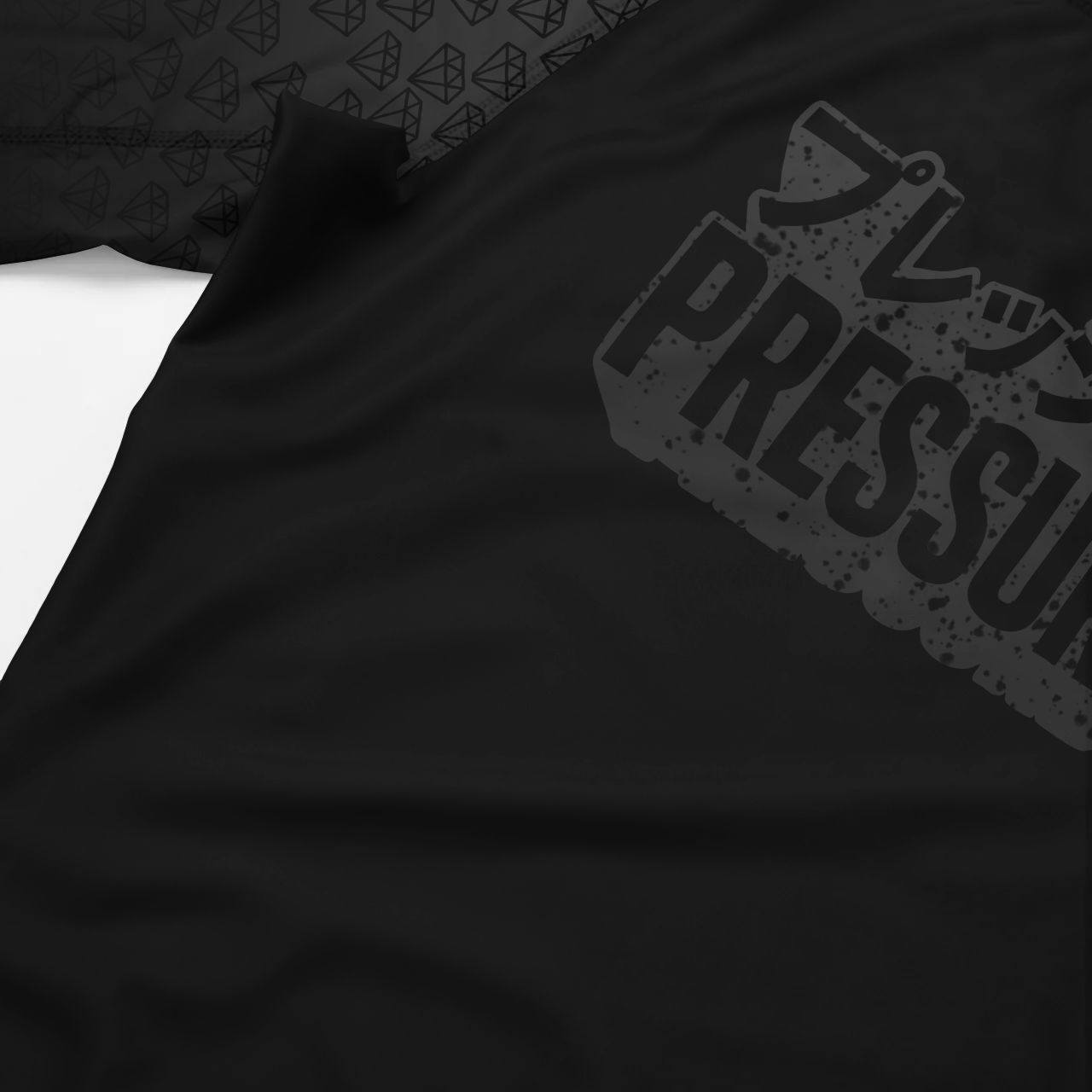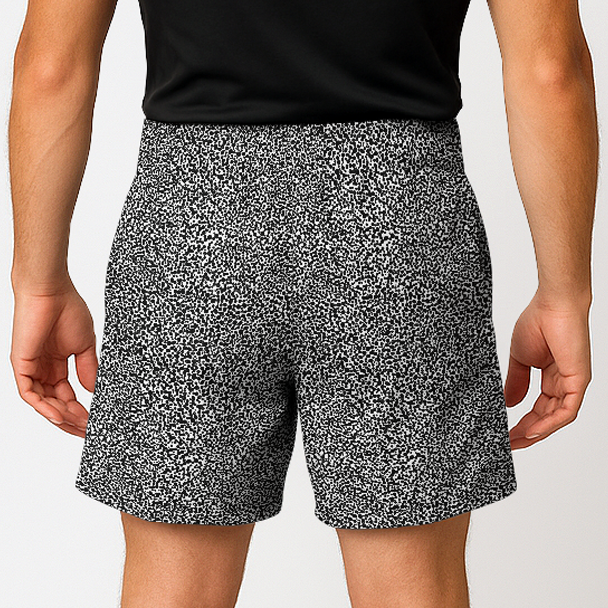Should you compete in BJJ?
Although most of us BJJ folks do not start training to be champion competitors, competition is still a big part of overall Brazilian Jiu Jitsu culture.
As a newer player, understanding the role of competition as it relates to your personal development in BJJ is important when it comes to deciding whether you personally should compete in BJJ.
Overall, I think competing in Jiu Jitsu has many benefits even for hobbyist and recreational BJJ artists.
Nevertheless, there are a few reasons why you might choose not to compete, or at the very least, not make competition a major part of your Jiu Jitsu journey.
In this article, I’ll break down my thoughts on how to decide whether or not you should compete in BJJ.
Ready?
Combache!
What is BJJ competition?

Unless multiple people from your gym sign up for the same bracket, you are typically competing against a person from another gym who you may or may not know.
The aggression and intensity are almost universally higher in competition when compared to training in your home gym.
In traditional tournament format, you will grapple your first opponent, and then the winner will grapple the winner from another match in your division until one player remains at the final match, earning themself the gold medal and top rank on the podium.
Other tournament formats include round-robin, where all players in the division grapple each other and the player with the most wins overall wins the event, as well as double-elimination where you have a second match even if you lose your first match.
Finally, ‘superfight’ competitions involve a facing single opponent, typically on a stage or in a cage with only one match at a time, like an MMA fight night except just doing BJJ.
Any of the above formats are considered BJJ competition, although the most common format for tournaments is the single or double elimination bracket.
The Benefits of Competing in BJJ
Overall, competing in BJJ is a good way to test your skills in a more realistic setting compared to rolling at the gym.
Since you are generally facing someone of similar skill level and size, this eliminates most of the advantage/disadvantage that comes with being bigger or smaller, respectively.
Since you aren’t a frequent training partner with your opponent, you have little to no sense of camaraderie or rapport before the match and the pressure tends to be higher than even a hard roll in the gym.
This allows you a more realistic look at how your skillset compares against similar levels from other gyms.
Rolling against the same people in your own gym all the time can give a false sense of your skills.
You are more used to your partner’s game and have less of the pressure associated with an intense roll against a relatively complete stranger.
Competition cuts through all that noise.
In terms of skill development, people who compete more are often more motivated to train, which typically results in them accruing more mat time in the same period as compared to someone who is not actively preparing for a competition.
When iterated over months and years, this results in the more active competitors developing at a faster rate and possibly ranking up sooner.
Furthermore, hard competition reveals the holes in your game you may not have been aware of before. This gives you insight on what to focus on going forward to reach that next level in BJJ.
Overall, competition tends to be a serious boon to your game and development as a martial artist.
All things being equal, competing more will make you get better faster at BJJ.
The Downsides of Competing in BJJ
 Although BJJ competition does provide excellent benefits to your game, there are some downsides to be aware of when considering the role of competition in your training.
Although BJJ competition does provide excellent benefits to your game, there are some downsides to be aware of when considering the role of competition in your training.
Competition is stressful
Let’s face it. Not all humans are equally competitive.
While some of us may be hungry for victory and intensity in our training, you may find the intensity and stress of competition makes BJJ less fun and adds unnecessary stress to your life.
There is absolutely nothing wrong with this. After all, unless you plan to make a living doing BJJ, the whole point of BJJ is to be fun, rewarding, and beneficial to the rest of your life.
If the stress of an upcoming competition negatively affects your family or professional life without providing any benefit, it is probably not something you should focus on.
Losing sucks
We can all agree that for the most part, none of us enjoy losing. In competition, your team, coach, friends, and possibly children are all watching you.
Getting demolished by an opponent in competition in front of people you know can be demoralizing.
Furthermore, you may personally find your ego bruised after a bad loss. Although it is good to be humbled with a reality check of your actual skills, the worst possible outcome would be you quitting BJJ after a bad loss.
For the most part, this happens most frequently at white belt. By the time people get to blue belt, they are far less likely to quit after a bad competition performance.
Although my personal opinion is that getting humbled this way is important for maximal development as a martial artist, I also firmly believe that your BJJ journey should work for you, your personality, and your lifestyle.
If competition losses might make you quit BJJ, I would say don’t compete.
Competitions take time and money
Most competitions take place on weekends and generally involve weighing-in earlier in the day and then waiting around at the tournament until your bracket is up.
Additionally, registrations often cost around $100 USD and sometimes more if you sign up for both Gi and No Gi brackets.
As a man with a wife and child, my weekends are among the few precious days I get to spend with my family.
Although I can bring them to the tournament, there is only so long I can keep my kid and wife happy while I wait for my bracket.
Furthermore, competing often requires some amount of travel, which puts an additional time and money burden on doing BJJ competitions.
If your budget is tight and your time is limited, competitions become much more difficult.
While competitions do have many great benefits, I cannot deny that the above factors might influence you not to compete.
Do you need to compete to rank up?
 Competing does tend to speed up your skill development in BJJ and having a stellar performance in your bracket might encourage your coach to promote you sooner rather than later.
Competing does tend to speed up your skill development in BJJ and having a stellar performance in your bracket might encourage your coach to promote you sooner rather than later.
However, I have never once trained at a BJJ school that had a hard requirement for competition in order to get promoted.
Even the most competition focused school I have trained at would promote dedicated students who show skill and commitment worthy of the next rank, even if they rarely or never compete.
This is at the discretion of your coach and your school may be different, but for the most part, avoiding competition will delay but not negate your promotion in belt rank.
Deciding to Compete in BJJ
At the end of the day, it’s up to you whether competing in BJJ makes sense for your goals and lifestyle.
The bottom line is that BJJ is supposed to be fun and enriching.
If competition improves that aspect of your training, you should compete.
If not, then don’t sweat it, just show up and train.



































































































